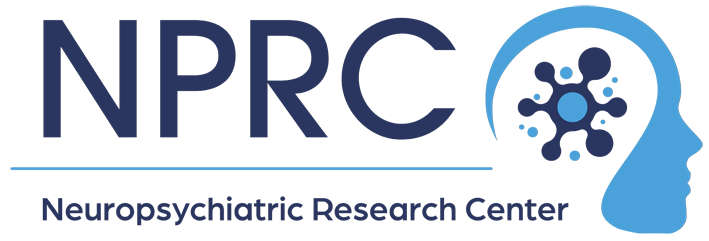Memory Changes
Mild Cognitive Impairment
Mild cognitive impairment (MCI) is a condition in which an individual has mild but measurable changes in thinking abilities that are noticeable to the person affected and to family members and friends but that do not affect the individual’s ability to carry out everyday activities. A person with MCI experiences memory problems greater than normally expected with aging but does not show other symptoms of dementia, such as impaired judgment or reasoning.
People with MCI, especially MCI involving memory problems, are more likely to develop Alzheimer’s disease or other dementias than people without MCI. However, MCI does not always lead to dementia. In some individuals, MCI reverts to normal cognition or remains stable. In other cases, such as when a medication causes cognitive impairment, MCI is mistakenly diagnosed. Therefore, it’s important that people experiencing cognitive impairment seek help as soon as possible for diagnosis and possible treatment.
Alzheimer's/Dementia
Every person with Alzheimer’s disease experiences the disease differently, but patients tend to experience a similar trajectory. The precise number of stages is arbitrary. Some experts use a simple three-phase model (early, moderate and end), while others have found that a further breakdown is more useful to help explain the cycle of the disease.
The most common system, developed by Dr. Barry Reisberg of New York University, breaks the progression of Alzheimer’s disease into seven stages. This framework for understanding the progression of Alzheimer’s disease has been adopted and used by a number of healthcare providers as well as the Alzheimer’s Association.
Here is summary of the seven stages of Alzheimer’s disease based on the ideas of Dr. Resiberg: Note: The first 2 stages are the most “stealth”, however, the most important stages in which an intervention is possible.
- Finding the right word during conversations
- Remembering names of new acquaintances
- Planning and organizing
- People with stage three Alzheimer’s may also frequently lose personal possessions, including valuables.
- Have difficulty with simple arithmetic
- May forget details about their life histories
- Have poor short term memory (may not recall what they ate for breakfast, for example)
- Inability to manage finance and pay bills
- Significant confusion
- Inability to recall simple details about themselves such as their own phone number
- Difficulty dressing appropriately
- Confusion or unawareness of environment and surroundings
- Major personality changes and potential behavior problems
- The need for assistance with activities of daily living such as toileting and bathing
- Inability to recognize faces except closest friends and relatives
- Inability to remember most details of personal history
- Loss of bowel and bladder control
- Wandering




